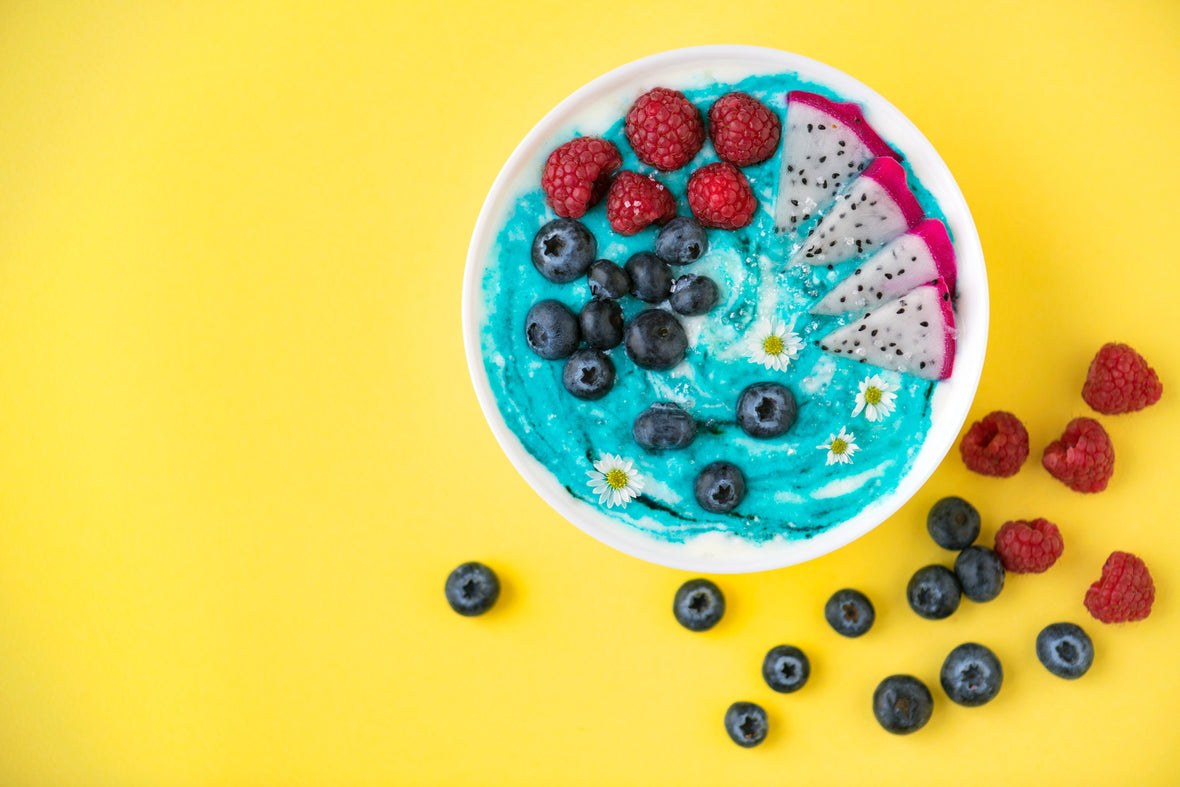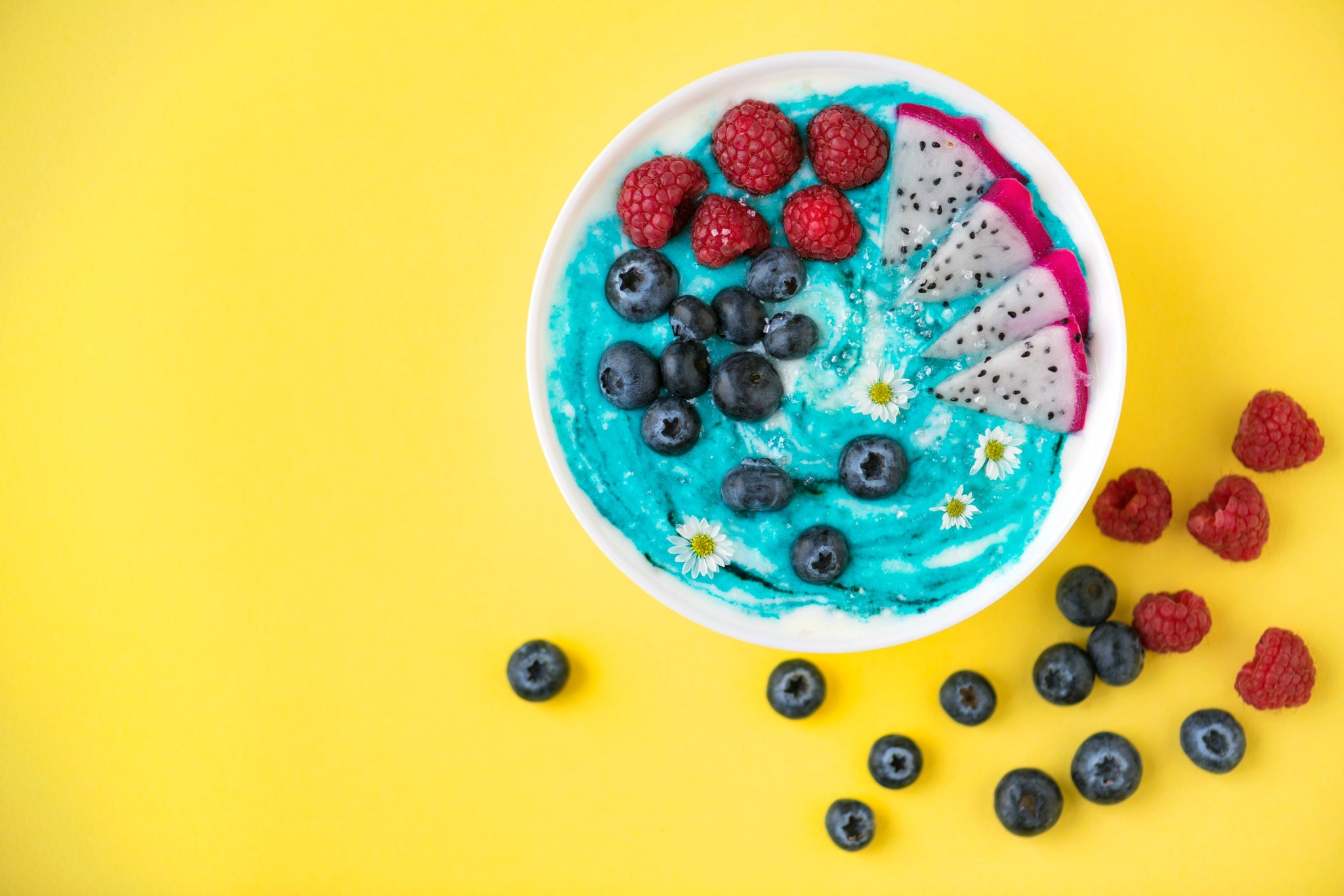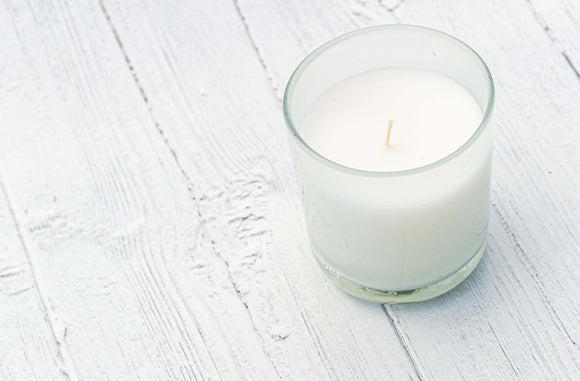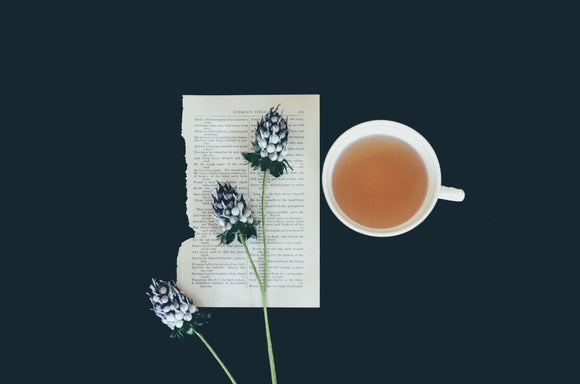
Antioxidants versus free radicals
Maggie Reyes
Antioxidants are those powerful substances found in fresh fruits and vegetable capable of counteracting the effects of free radicals, including cellular oxidation (which causes ageing).
What are the free radicals?
Free radicals are atoms produced in our body and are mostly beneficial since they help fight viruses and bacteria. However, a build-up of free radicals is not good. We accumulate more free radicals we breathe or eat and when there are too many in membranes in large quantities, they start stealing electrons from our body’s protein. Starving molecules start feeding on other molecules and transforming into new free radicals. As these molecules start oxidize, they start to die and this it affects our cellular structures so we start ageing.

Antioxidants to the rescue
Antioxidants help balance the excess of free radicals in cells. They actually sacrifice their own electrons by donating them to those molecules that have lost their due to the chain reaction created by free radicals.
Role of antioxidants in aging
Because antioxidants are the defenders of molecules under attack, they are a powerful tool in both preventing and repairing cell damage. When the body has a lack of antioxidants, there is a decrease in collagen and with that the appearance of wrinkles, fine immune deficiency and allergies. Antioxidants rehabilitate collagen thereby restoring the elasticity and firmness of our skin.
Source of antioxidants
Antioxidants are found naturally in some foods. There are also some excellent antioxidant supplements on the market. A diet rich in antioxidants should include the following important nutrients:
- Lutein: found in lettuce, peas, spinach, broccoli and eggs.
- Ellagic acid: found in raspberry, pomegranate, strawberry.
- Vitamin E: found in avocado, wheat, almond, olive oils.
- Vitamin C: found in kiwi, strawberry, papaya.
- Beta-carotene: found in mango, carrot, pumpkin.
- Lycopene: found in Goji, watermelon, grapefruit, carrot.
- Epicatechin-3-gallate: found in rosemary, chamomile, linden.
- Anthocyanins: found in blackberries, blueberries, plums.



